****Spoilers Ahead for Season 1 of Disney+ Moon Night****
I adore the Marvel Cinematic Universe, and teaching others about dissociative disorders is my passion. As a person/system of parts living and generally thriving with what the diagnostic manuals would call a dissociative disorder, I often use metaphors from fictional realms like Marvel to frame my own inner world and teach others about systems. In my upcoming book Dissociation Made Simple: A Stigma Free Guide to Embracing Your Dissociative Mind and Navigating Daily Life (North Atlantic Books, 2023) I specifically use Marvel’s Guardians of the Galaxy as a metaphor for how people with dissociative systems can experience an internal world. In training others in my field, I find that using such metaphors for ego state or parts of self can be much more productive than many of the bland and sterile models that exist, usually developed by people who are not out and candid about their own lived experience with dissociative disorders.
So when Marvel announced that they were turning one of the minor comic book characters named Moon Knight into a series for Disney+, I reacted with a mix of dread, hope, and curiosity. In many of the promotions leading up to the series, they correctly referred to the protagonist Marc Spector/Steven Grant/Moon Knight as having dissociative identity disorder (DID), instead of the now-retired but still harmfully used in popular culture label of multiple personality disorder. My dread came from the knowing that Hollywood portrayals of dissociative identity disorder usually go for the most extreme presentations of the condition that bring out elements like one part naturally displaying violence towards others. Such a tendency or trope, as we call it in the dissociative or plural community, is easy as a dramatic device, and it gives actors a chance to really show their range. I criticized Ryan Murphy for playing into this trope in his 2020 series Ratched here in a piece that I wrote for The Mighty.
An element of hope popped through because of how well Marvel can handle difficult content and because, as a cinematic universe, so many people who struggle with mental illness and the stressors of daily life draw strength from Marvel’s mythologies. In Dissociation Made Simple, I interviewed sixty-one contributors with various lived experiences on dissociation. Eighteen specifically have DID. I do not personally have DID but struggle with a condition called Other Specified Dissociative Disorder (OSDD), Type 1. Such a diagnosis means that I have a plural system which developed in response to trauma and loss although I have not blanked out time or lost consciousness since I was a child, traits that would be more aligned with the DID diagnosis. An additional nine contributors reported having OSDD, and many more spoke about how dissociation shows up for them in a variety of diagnoses and problems of daily living stemming from complex traumatic experiences.
One contributor is Julian Jaramillo, a trained psychologist originally from Ecuador currently practicing in the United States. My own therapist suggested that I speak to him in researching the book. Trained in the traditions of the Chocó people and himself ordained as a Shaman in that lineage, Julian cautions modern psychologists that in traditional systems of healing, an individual’s personal and communal mythology is of utmost importance for healing. According to Julian, his Shamanic teacher wouldn’t even know what a “brain scan” is because the concept of the brain doesn’t exist in traditional systems of healing. Rather, a gifted healer looks at a person’s story and how that person can connect with the stories or mythologies in which they are raised to find the healing metaphor or sense of empowerment. So many people I work with or teach in the United States in the present day love Marvel, and other fictional landscapes like Harry Potter, Lord of the Rings, or even classics like The Wizard of Oz and other fairy tales for these purposes.
So I began watching Moon Knight with a sense of genuine curiosity—mindful that at the end of the day Marvel is still a company that is invested in good entertainment for the general public and thus they might take the easy way out dramatically, yet eager to see how a studio that means so much to so many people who struggle would handle this material. I watched the first three of season one’s six episodes with my partner, who is no doubt a bigger Marvel fan than I am. My personal review after three episodes was, meh. Although there was something likeable about Marc Spector/Steven Grant (portrayed masterfully by Oscar Isaac), it became clear from the onset that a powerful force—in this case the Egyptian lunar god Khonshu—was enrolling this very broken man to do his violent bidding, which included murder and assassination. While some survivors of extreme forms of ritual abuse and mind control programs like MK-Ultra have reported experiences of being recruited as assassins (and it’s important to acknowledge them), such an experience is not typical for most of us in the larger community of people with dissociative disorders. And for those of us who develop dissociative disorders as a result of various types of trauma, usually but not always in childhood, we are left to battle the stigma in society at large that we are inherently dangerous and prone to violence because of our brokenness. Yet the sad reality, as many of my friends who are plural systems point out, is that it is violence done to us that caused our minds to form the way that they did.
Expecting more of the same, I continued with watching episode four along with my partner while on a plane ride home from vacation. As a person who has needed to address a core negative cognition of “I am trapped” over the years, there I was—sitting in a middle seat—and began crying ferociously when Marc was shot in that episode and the series began to explore the lingering state between life and death that is taught about in many sacred traditions. And it was there that we began to see how Marc experienced his internal system, which paralleled a fear that so many of us with dissociative disorders have—being trapped in a mental hospital with emotionally removed “professionals” poorly fumbling to help us understand our mind. The series villain from the main action (played by Ethan Hawke) shows up as the psychiatrist in this state and coldly refers to Marc/Steven’s lived experience as “an organizing principle.” I have never experienced such a real depiction of how my internal world responds to fear and to being misunderstood. My reaction was so strong, I initially considered turning the episode off—especially because I was on a plane and reconsidered our decision to continue with the series at cruising altitude. But I forged ahead needing to make sure that Marc/Steven were okay.
Then we began episode five and when the plot navigated to the place where they were inevitably going to show the trauma that caused Marc/Steven to develop the way they did, I knew I needed to turn it off. And I didn’t go back to it for ten days, needing to make sure that I was in a grounded enough place and had the time to process what happened in the episode. In that time, my partner watched ahead to see what was coming before watching the episodes with me. He accurately predicted that I would hate the ending, which revealed the emergence of a third part that would continue on with Khonshu’s deadly quest. Yet the rest of episode five was rather well-done, showing how the wounds of traumatic bereavement and abuse from a parent during developmentally vulnerable years can cause a system to form and to differentiate. They also showed the very real fallout that can happen for a plural system when the abusing parent actually dies. My parts and I were all in tears when we watched this, and those tears continued into the beginning of episode six. In this episode, two of the main ideas that those of us in the dissociative community hold dear about navigating dissociation are powerfully portrayed. One is that no part is to be left behind, as Marc refuses to just leave Steven to rot in the netherworld of that middle state even though the Egyptian goddess Tarawet, the guide for that middle state, tries to tell Marc that he doesn’t need Steven anymore. As someone who draws great strength from the mythologies of various spiritual traditions to help me navigate life as a plural system, I truly like what Marvel did with enrolling the Egyptian gods and mysticism into the plot.
The second tearful moment for me is when Marc, the tougher mercenary/killer who flashbacks reveal is the core ego state, tells Steven, the gentler part who developed in response to the trauma, that he—Steven—was the superpower all along. In a Marvel series that is a big proclamation to make! And it resonates with how so many people with dissociative identity disorder and other dissociative diagnoses see themselves. In my interviews with contributors for Dissociation Made Simple, fifteen people referred to dissociation—the ability to sever from the present moment or from aspects of themselves in response to pain—as a superpower. One contributor did admit that being DID can be both a disability and a superpower, and navigating this polarity can be tricky. And I was really hoping that Marvel would or could “go there” with this idea.
But alas, Marvel is in the business of entertainment and while they did a great many things well with Moon Knight, including Oscar Issac studying Robert Oxnam’s classic memoir A Fractured Mind as he prepared for the role, it’s possible that they did more harm than good. Because they still took the stereotype for several full spins around the dance floor at a time when our community is calling for more accurate and less damaging portrayals of DID and other dissociative disorders on screen. For Heather (LS) Scarboro+, a therapist living and thriving with DID who contributed to the book, “There should be a law prohibiting any misinformation that is put out there about mental illnesses, especially DID.” LS, who has become a close friend through several projects we’ve engaged in together over the past year, also watched Moon Knight, and they were one of my sources of support as I made my way through the last three episodes. And our conclusions were generally the same—Marvel got a lot right, but are the steps in the right direction still causing more harm than good?
If a series like Moon Knight gets people talking and looking within—perhaps turning to the voices of professionals who are engaged in advocating justly for people with dissociative disorders—then maybe some good can come of it. Interestingly Marvel directed people toward the National Alliance on Mental Illness for more resources during the end credits, but I would have liked to have seen them point folks in the direction of an organization like An Infinite Mind that is more specifically geared toward accurate dissociation-competent information. I am personally grateful for the conversations that I was able to have with my partner and my friends like LS+ as a result of watching the series, and I do believe that more of these need to happen in order to shatter stigma about how all mental struggles—especially dissociative disorders—are seen in the public forum.
Yet my concluding thoughts on this matter (for now) is that how our minds operate is more than just fodder for entertainment, and Hollywood and so many of its actors are guilty for exploiting plurality for plot advancement over the years. I also believe that entertainment can be used as a vehicle to educate and elicit discussion so I call on Marvel, if they are continuing with the Moon Knight series which they now seem to be, to use their platform as a place to host talkbacks and give voice to real people who are living with dissociation every day. As LS+ and I often say, you might be disappointed to learn just how routine our lives can be, especially when we’ve entered into a state of healing. And the general public needs to see this too—to know that healing is possible and that we as people are our own best superheroes.

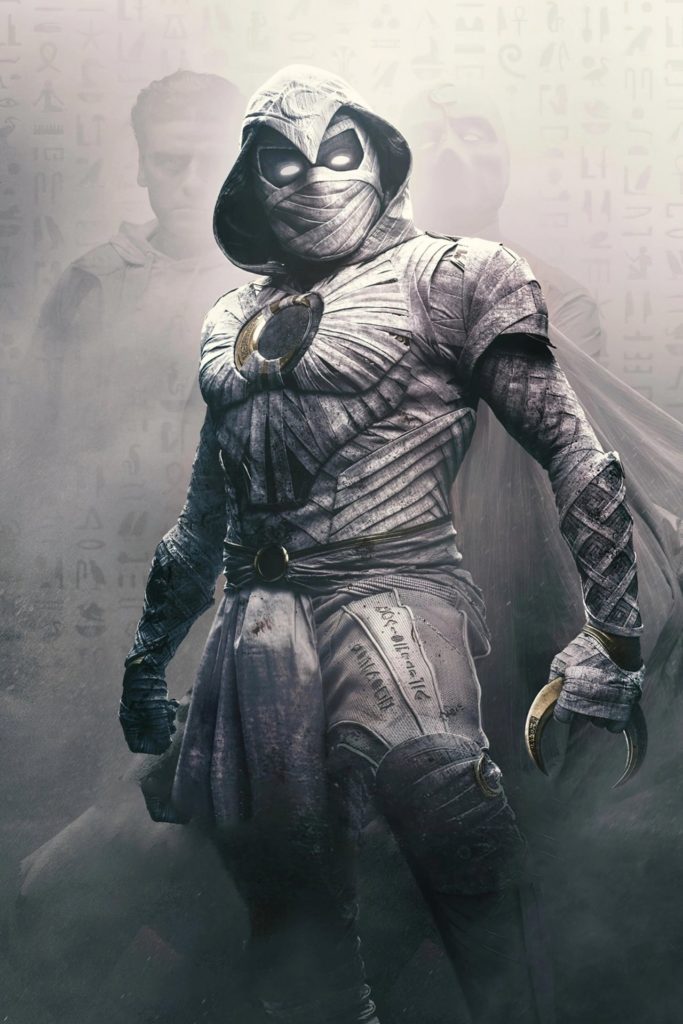

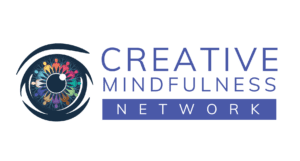
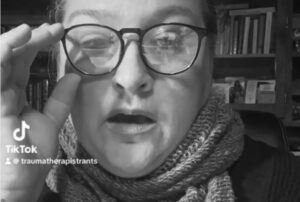

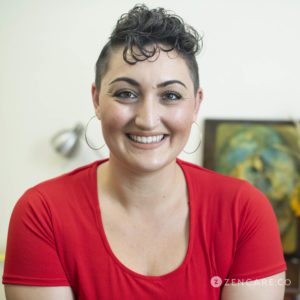


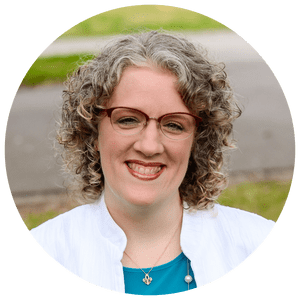
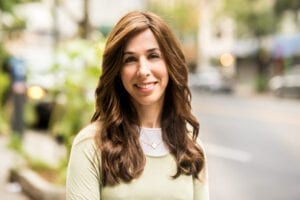

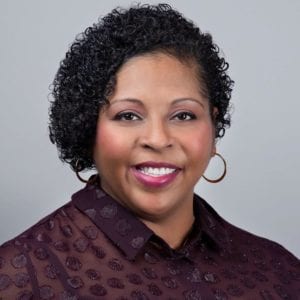
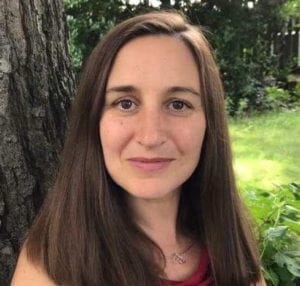

One Response
Brilliant, dear friend!